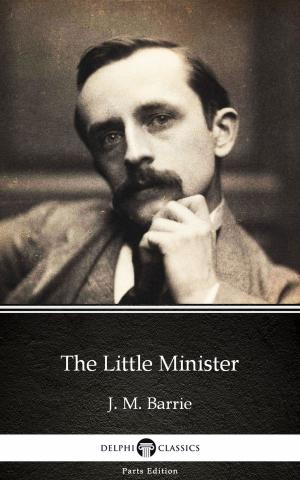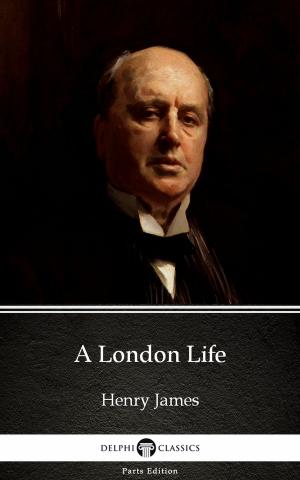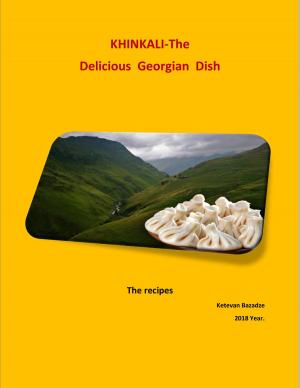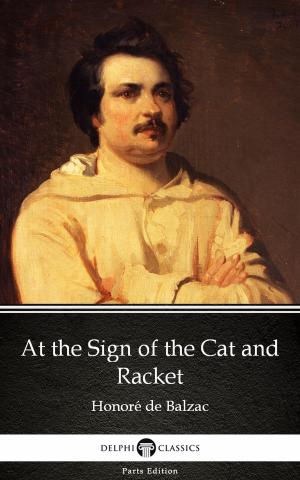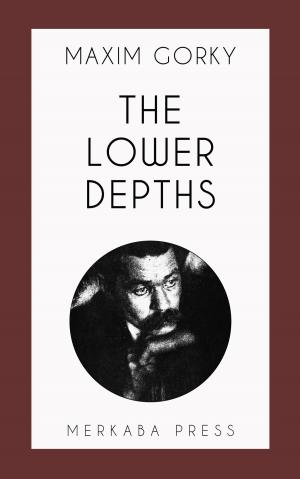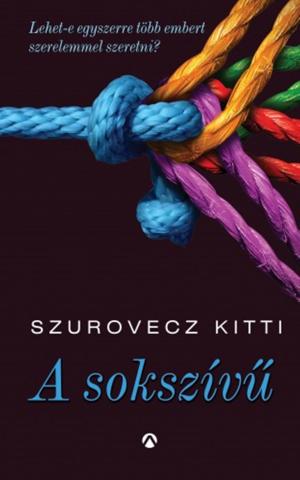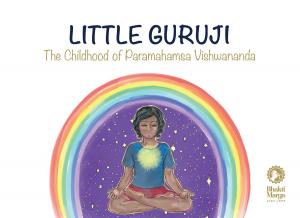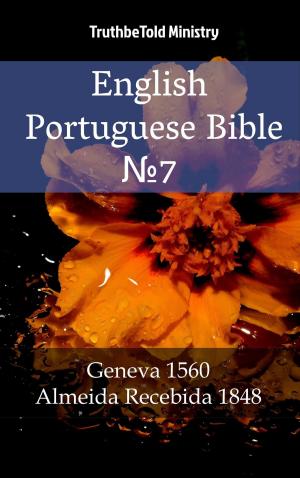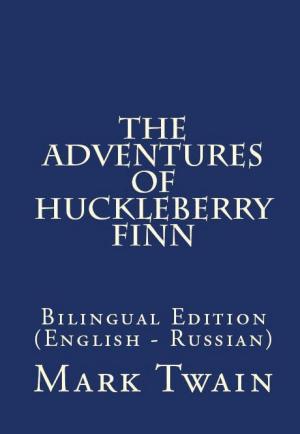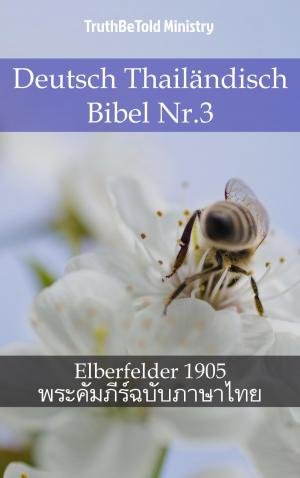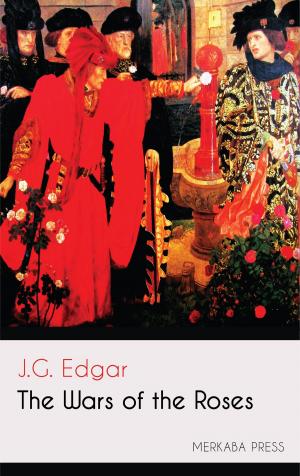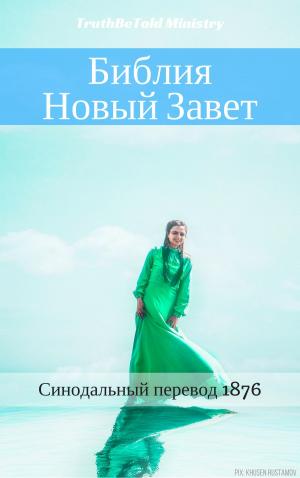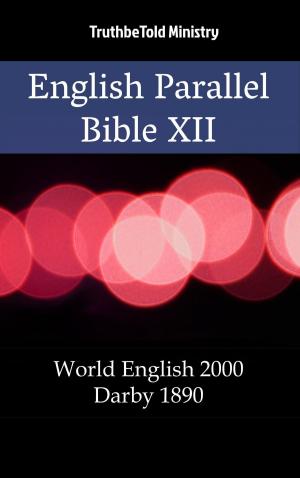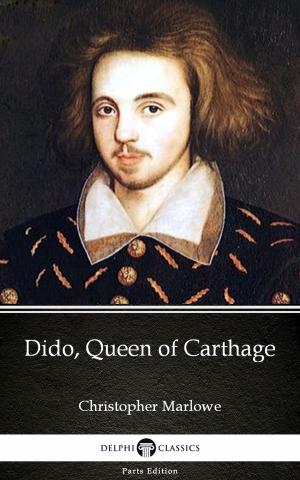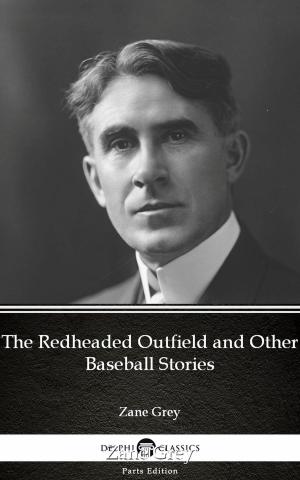| Author: | Harold Hughes | ISBN: | 6610000023158 |
| Publisher: | PublishDrive | Publication: | July 25, 2017 |
| Imprint: | Merkaba Press | Language: | English |
| Author: | Harold Hughes |
| ISBN: | 6610000023158 |
| Publisher: | PublishDrive |
| Publication: | July 25, 2017 |
| Imprint: | Merkaba Press |
| Language: | English |
These stories are offered in the hope that they may help promote the love of reading in our boys and girls. After all, our duty in teaching reading is not in the subject matter but in the desire. If we show to the child that the art of reading is the golden key which will unlock the storehouse of life enjoyment, and give him the love for the secrets of the printed page, we may consider that our educational effort has been well spent. So the primary object in writing these stories has not been to chronicle history but to give the child something interesting and entertaining.
The early Celts have little literature other than these stories, which have been handed down from generation to generation by word of mouth. Most of the tales in this book have been taken from the Ossianic Saga. Whether Finn belongs to history or mythology detracts no jot from the absorbing interest of his exploits.
I have tried to make the story of Finn something of a connected narrative. To do this I have taken incidents from various versions; I have left out much unsuitable to children, and I have changed some incidents to conform to the modern standards of morals. The chronology of arrangement is my own, but I have tried to preserve the spirit of the originals.
These stories are offered in the hope that they may help promote the love of reading in our boys and girls. After all, our duty in teaching reading is not in the subject matter but in the desire. If we show to the child that the art of reading is the golden key which will unlock the storehouse of life enjoyment, and give him the love for the secrets of the printed page, we may consider that our educational effort has been well spent. So the primary object in writing these stories has not been to chronicle history but to give the child something interesting and entertaining.
The early Celts have little literature other than these stories, which have been handed down from generation to generation by word of mouth. Most of the tales in this book have been taken from the Ossianic Saga. Whether Finn belongs to history or mythology detracts no jot from the absorbing interest of his exploits.
I have tried to make the story of Finn something of a connected narrative. To do this I have taken incidents from various versions; I have left out much unsuitable to children, and I have changed some incidents to conform to the modern standards of morals. The chronology of arrangement is my own, but I have tried to preserve the spirit of the originals.

